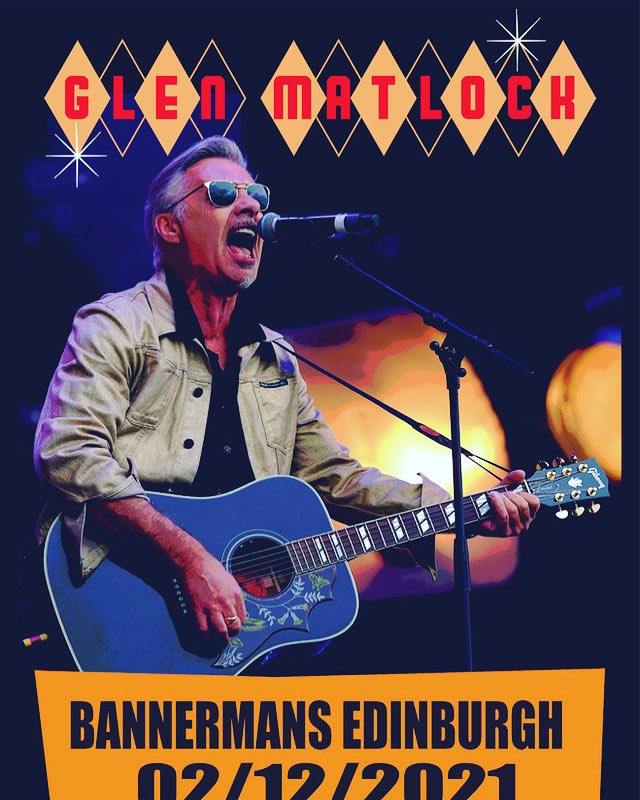

Wally’s dad was a caretaker at Riverside Studios by Hammersmith Bridge, and we’d borrow the keys. He nicked all our equipment! Guitars, drums, the whole back line. “We all had jobs except Steve, who was going out thieving. He was a trades union representative, and a bit of a firebrand”) but increasingly he was drawn to the life of a musician, particularly when (hats, rabbits) his pal supplied a set of drums. Cook was now an apprentice engineer at the Stag Brewery (“my Uncle Jack got me the job. We never paid to get in.” Those were the days of pub rock at the Nashville in Barons Court, and Dingwalls in Camden, as well as the bigger venues like the Rainbow Theatre in Finsbury Park and the Hammersmith Odeon, which was right on their doorstep. I needed somebody to get me going, and he was the one. How the two friends created their own band has become the stuff of legend, like Alfred burning the cakes. “A great band, though they could be sloppy.” He saw them time and again, all over town. Steve and me used to go down to see if we could spot them.” The Faces, with Rod Stewart front centre, played a signal part in the formation of the Sex Pistols, and Cook still has the T-shirt. The Stones played that club in Richmond, and later the Faces lived there. “There was the Ealing Blues Club, with Alexis Korner, and the scene at Eel Pie Island. Roger Daltrey came from the Bush, and Pete Townshend was from down the road, in Acton. Reg Presley! They were one of the original punk bands, I reckon. The Kinks and the Who were the ones, and the Small Faces. “I was never a massive Beatles or Stones fan, to be honest. What a fertile period it was, as songwriters on both sides of the Atlantic extended the vocabulary of popular music. For me, for all of the people I knew growing up, it was normal.” We were doing multiculturalism long before people started talking about it. There was a lot of shit, yeah, but he played the latest hits from America, Motown and all that, which was fantastic. “My sister Jackie, who was two years older than me, which is a big gap when you’re young, used to buy records, and let’s not forget Tony Blackburn on Radio 1. This would be the first wave of skinheads, in 19, and there were plenty of records coming in from Jamaica. There was a youth club in White City and we heard a lot of ska there, and in the clubs round the Bush. Working-class people and immigrants both love music, and they like to perform it. “It was largely a white working-class area where we grew up, but there were plenty of West Indian families, too. “I remember those Sunday nights in November, listening to Sing Something Simple, and thinking ‘oh dear, back to school in the morning’.”īut those early days spent in Shepherds Bush were happy. Radio could be self-consciously retro, as the BBC, which ruled the airwaves like an absolute monarch, pumped out hours of pap.

One day one of the acts was our music teacher at school! Canadian chap he was, a decent fellow.” “We used to peep through the window, as you do, like naughty boys.

On the other side of the street was the Wheatsheaf, an old-fashioned boozer that put on strippers (“in the middle of the afternoon!”) and hosted occasional drag shows. They were a gang, who went to Cooke’s on Goldhawk Road for pie and mash – “and don’t forget the liquor, most important”. There were other friends to knock around with: Steve Hayes, Wally Nightingale and Jimmy Macken.


 0 kommentar(er)
0 kommentar(er)
